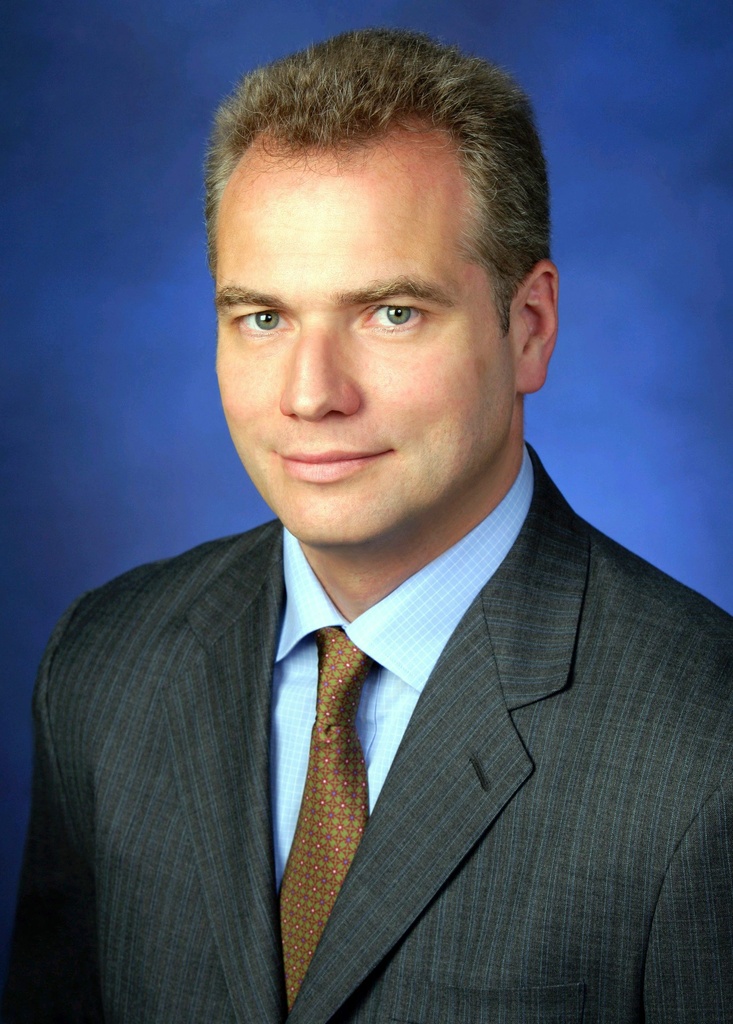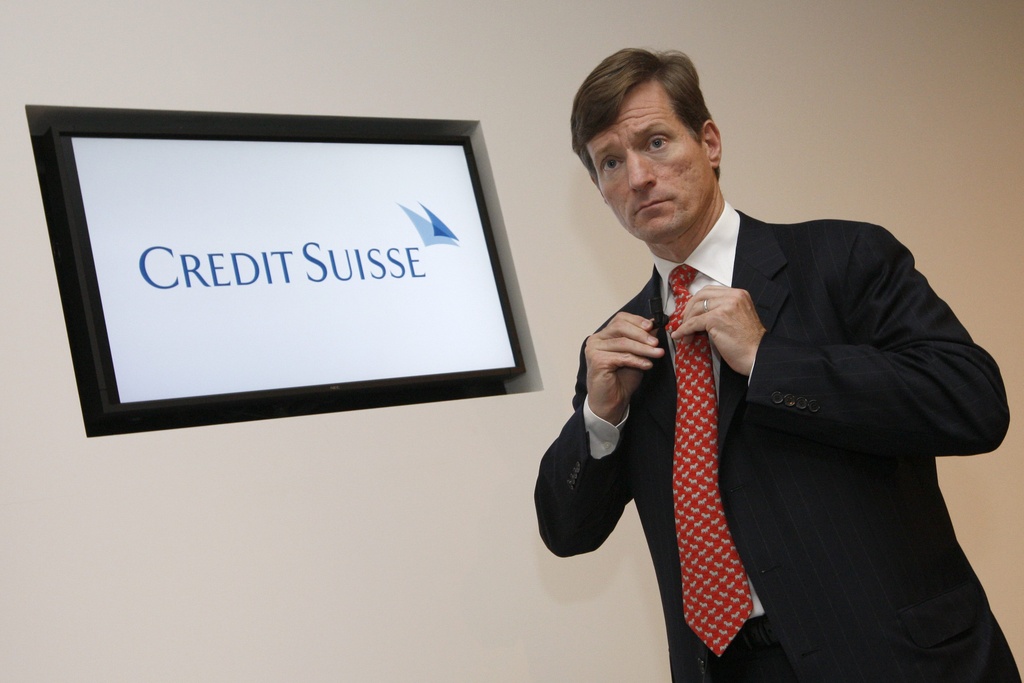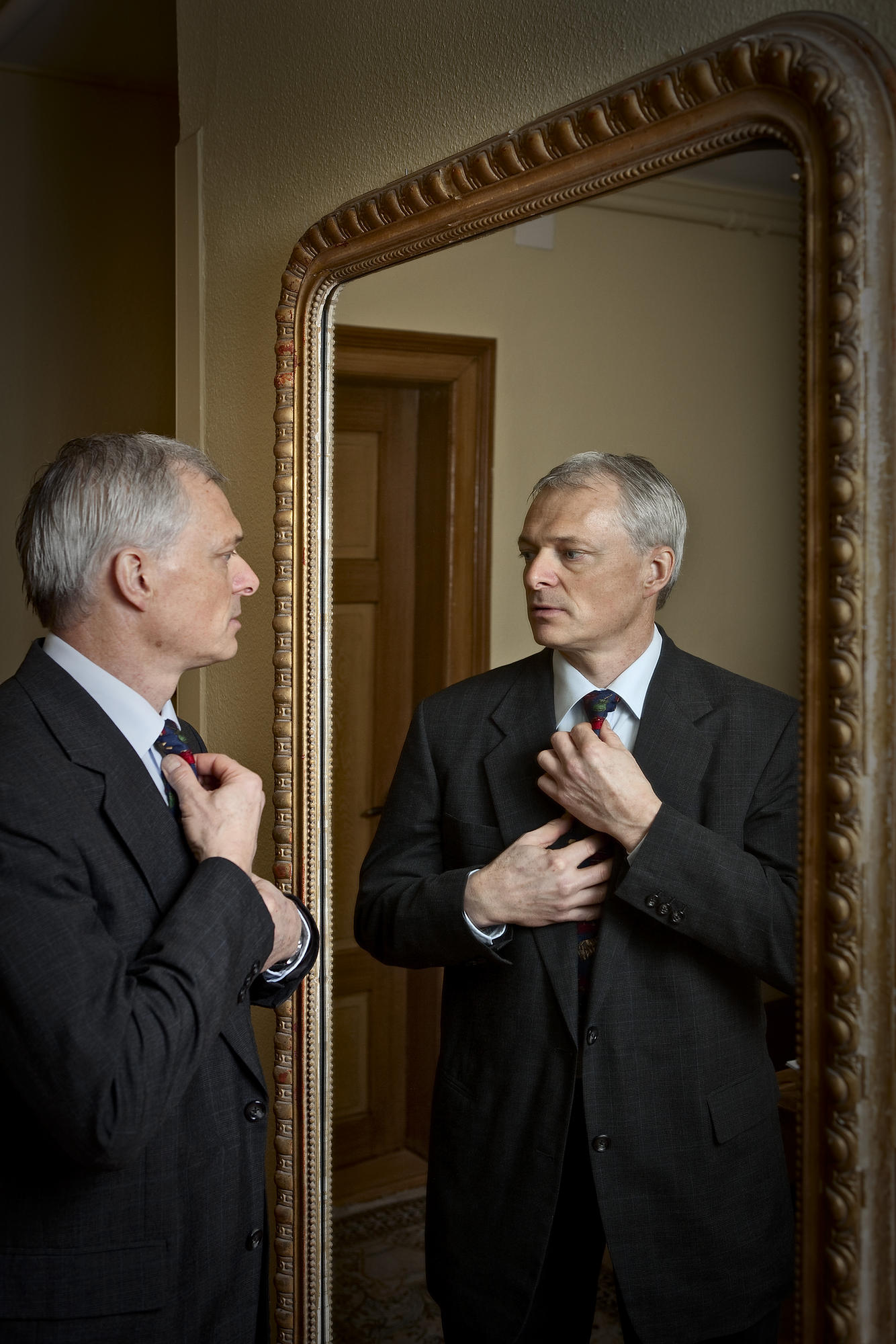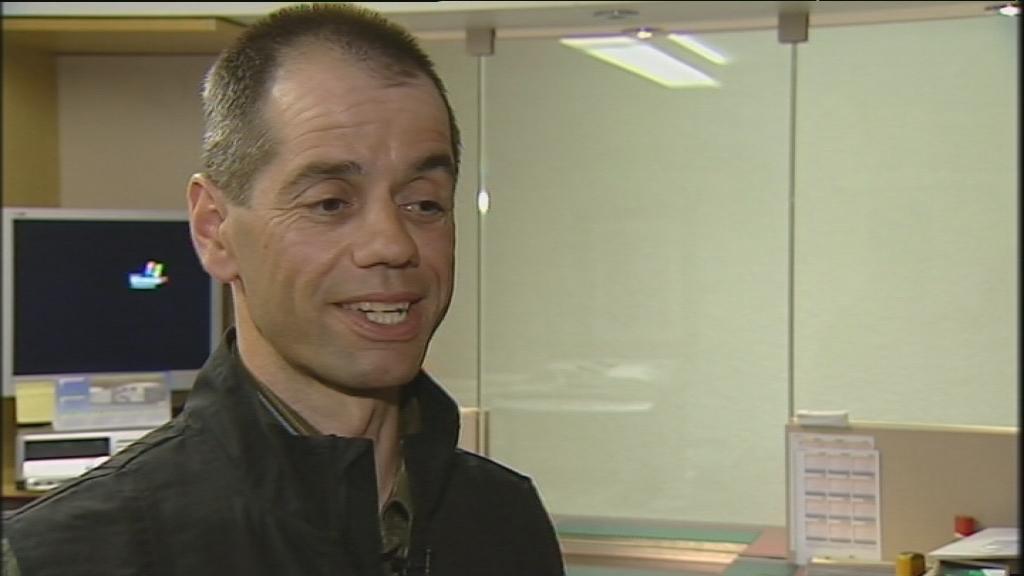UBS bosses boost share of shrinking bonus pot

Top executives at UBS saw bonuses increase by more than a third despite an 11 per cent cut in the total pool as the bank returned to profitability last year.
Chief Executive Oswald Grübel again waived his bonus and the bank’s top earner saw his pay slashed with a greater portion of variable pay hinging on long-term targets. But some staff and shareholders remain unimpressed.
With political and public pressure on “fat cat” bonuses showing little sign of relenting, the announcement of UBS’s compensation statistics in its annual report attracted a lot of attention on Tuesday.
Only last week, a popular initiative from a Swiss businessman against “rip-off pay” and to boost shareholder rights became further bogged down amid political wrangling in parliament.
Despite returning to profit for the first time in four years, UBS said it had cut its total bonus pool by 11 per cent to SFr4.25 billion ($4.63 billion) last year. At the same time, the 13 top managers at the bank saw compensation increase from SFr68.7 million to SFr91 million.
Shareholder activist group Actares said it would “probably” recommend to its members that they vote against the remuneration report at the bank’s annual general meeting next month.
Huge payout
Last year, 40 per cent of shareholders rejected the bank’s pay system in a consultative vote, although 55 per cent approved the report. Last month, 38 per cent of shareholders voted against pay levels at pharmaceutical firm Novartis.
Actares chief executive Roby Tschopp acknowledged that UBS compensation is not as provocative as other companies such as Credit Suisse, where chief executive Brady Dougan was awarded SFr70 million in 2009 when he cashed in an old bonus scheme dating back to 2004.
UBS head of investment banking Carsten Kengeter was still the highest earner at the bank, but saw his package cut from SFr13 million in 2009 to SFr9 million last year. Chairman Kaspar Villiger, on the other hand, saw his package more than double to SFr1.5 million.
“We have not yet analysed the report properly, but I do not think we are going to accept these numbers,” Tschopp told swissinfo.ch. “These figures are higher than we had expected.”
Staff unrest
There are also signs that the allocation of bonuses is causing unrest in the ranks of lower paid staff. Last year, the bank’s former president of the employee representative committee, Elli Planta, said there was widespread disbelief at the way bonuses were handled.
“In the past, staff were told that if their appraisals were satisfactory they would be entitled to a bonus,” she told swissinfo.ch. “There are people who performed well under difficult conditions last year who do not understand the world anymore.”
UBS has recently changed its target setting system that plays a part in the allocation of bonuses. That has done little to appease some staff who feel they have become a victim of a new brand of aggressive American-style management.
“The new heartless managers from the US are raking in millions while the rest of us who slave away, pulling extra shifts and taking on extra responsibilities, get nothing,” one UBS IT worker in Switzerland told swissinfo.ch this week on condition of anonymity. “This is not going to change when the profits return – it is going to be permanent.”
In the meantime, the public tide of resentment at large executive bonuses is running into a political quagmire.
Tide turning?
The “rip-off” initiative, launched by businessman Thomas Minder in 2008, stalled in parliament last week as politicians argued about how to present an alternative solution to Swiss voters.
The House of Representatives debate rejected one counter proposal and could offer no clear alternatives, probably postponing a public vote on the issue for a number of months.
Minder has called for shareholders to have the right to vote on executive and boardroom pay packages and for an end to golden parachute and handshake payments.
Actares’ Tschopp believes the pressure is forcing some concessions from large companies.
A third of Switzerland’s top 100 firms now allow a consultative vote on compensation and two top executives – Peter Brabeck of Nestlé and Daniel Vasella of Novartis – have given up their dual chief executive/chairman roles.
Tschopp is convinced that the non-financial sector has got the message despite continued resistance from a few big executives.
“When those people step down, we may see some real progress on remuneration policies,” he told swissinfo.ch. “But the financial sector could remain a problem for some time to come.”
Credit Suisse will present its compensation figures in its annual report on March 24.
UBS chief executive Oswald Grübel received SFr3 million ($3.26 million) in basic pay last year, but turned down a bonus for the second year running.
His pay ways dwarfed by head of investment banking Carsten Kengeter, who walked away with SFr874,626 in basic salary, boosted to SFr9.3 million by bonus pay outs.
However, Kengeter had to take a pay cut of some SFr4 million from 2009, and most of his bonus was awarded on a deferred basis that is dependent on meeting performance targets.
Chairman Kaspar Villiger saw his base salary rise from SFr600,000 in 2009 to SFr850,000 last year. This was topped up shares and benefits that brought the grand total to SFr1.5 million in 2010 (compared with SFr677,000 in 2009).
All the other members of the UBS board received a base fee of SFr325,000 in 2010 (the same as the year before), plus retainers ranging from SFr100,000 to SFr450,000.
The next top earner was senior independent director David Sidwell (SFr975,000), while new board member Wolfgang Mayrhuber received a total compensation of SFr475,000.
Nearly 40% of UBS shareholders rejected last year’s remuneration report, but the consultative vote also chalked up a 55% support for the payment structure.
According to campaigning investment group Ethos, one third of Switzerland’s biggest 100 companies will give shareholders an advisory vote on remuneration this year.
UBS also announced on Tuesday that the United States and Japanese authorities are investigating whether it and other banks improperly manipulated daily inter-bank lending rates.
It said the probe focused on banks’ submissions to the British Bankers’ Association, which sets the London Interbank Offered Rate that banks charge each other to loan unsecured funds.
UBS said it received US subpoenas from the Securities and Exchange Commission, the Commodity Futures Trading Commission and the Justice Department and an order from the Japan Financial Supervisory Agency.
The bank said it is conducting an internal review and is cooperating with the investigations.

In compliance with the JTI standards
More: SWI swissinfo.ch certified by the Journalism Trust Initiative





You can find an overview of ongoing debates with our journalists here. Please join us!
If you want to start a conversation about a topic raised in this article or want to report factual errors, email us at english@swissinfo.ch.